Types of Footwear Explained: A Practical Guide from a Footwear Expert
👟 Types of Footwear Explained: A Practical Guide from a Footwear Expert
Do you ever walk into a shoe store and feel lost looking at so many styles? Don’t worry — you’re not alone. As someone who has spent over a decade on the sales floor helping customers choose the perfect pair, I can tell you that understanding the basics of footwear makes a huge difference in comfort, confidence, and cost-saving.
In this guide, let’s break down the types of footwear, when to wear them, and what actually suits your needs.
1.Formal Shoes
When to wear: Office, interviews, formal events
Popular types: Oxford, Derby, Monk Strap, Loafers
Pro tip: Go for leather if you want longevity and polish. A soft cushioned insole gives all-day comfort.
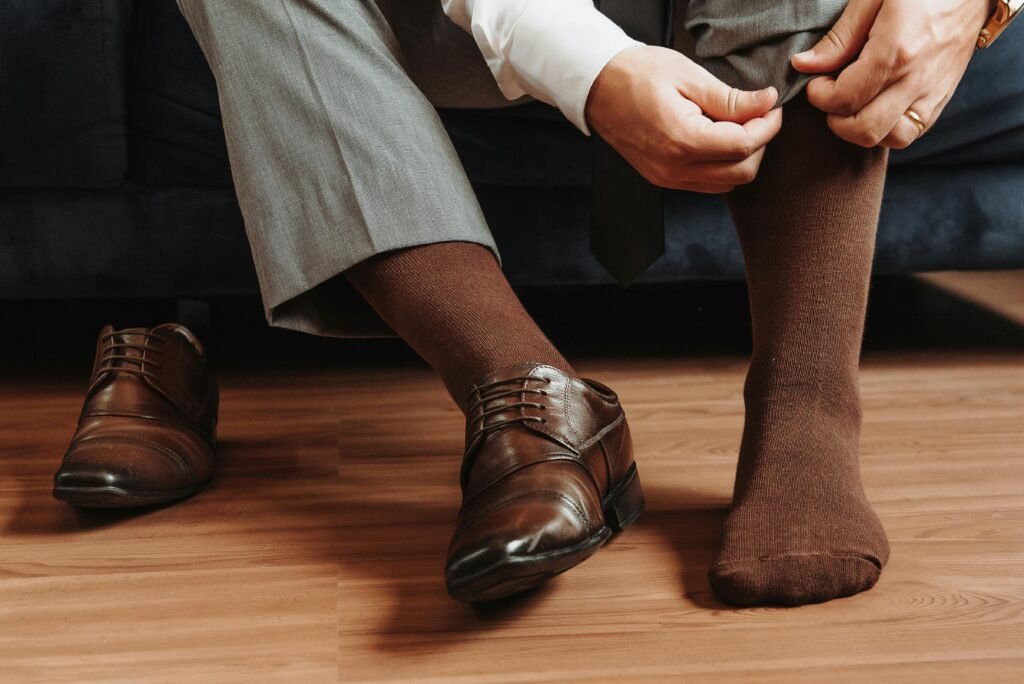
2.Casual Shoes
When to wear: Daily errands, casual outings, school or college
Popular types: Sneakers, Slip-ons, Espadrilles
Pro tip: Look for breathable mesh or canvas materials in hot climates. Lightweight soles make walking easier.
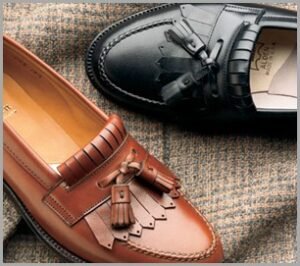
3. Boots
When to wear: Winter, rough outdoor work, fashion statement
Popular types: Chelsea boots, Combat boots, Hiking boots
Pro tip: Ankle support and rugged outsole grip are must-haves. Choose real leather or synthetic depending on the weather.

4. Sandals & Slippers
When to wear: Home, beach, summer days
Popular types: Flip-flops, Slides, Gladiator sandals
Pro tip: EVA or rubber sole gives better shock absorption. Arch support matters even in open footwear!
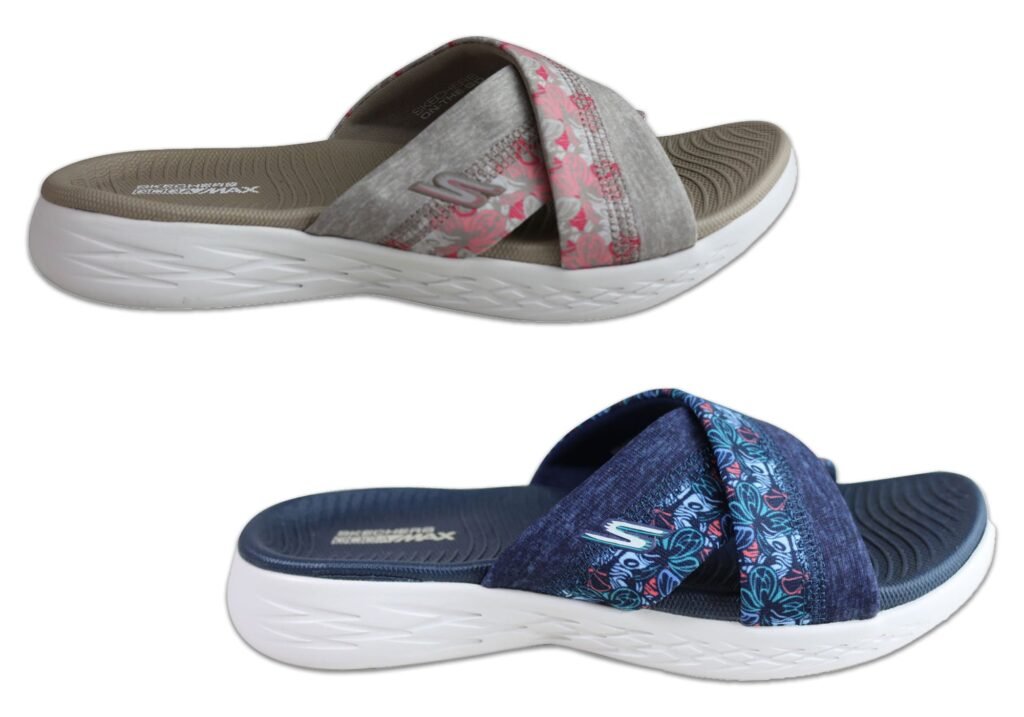
5. Women’s Fashion Shoes
When to wear: Parties, formal, or casual depending on the design
Popular types: Heels, Ballerinas, Mules, Wedges
Pro tip: Don’t go by looks alone — always check heel balance, toe space, and sole grip before buying.
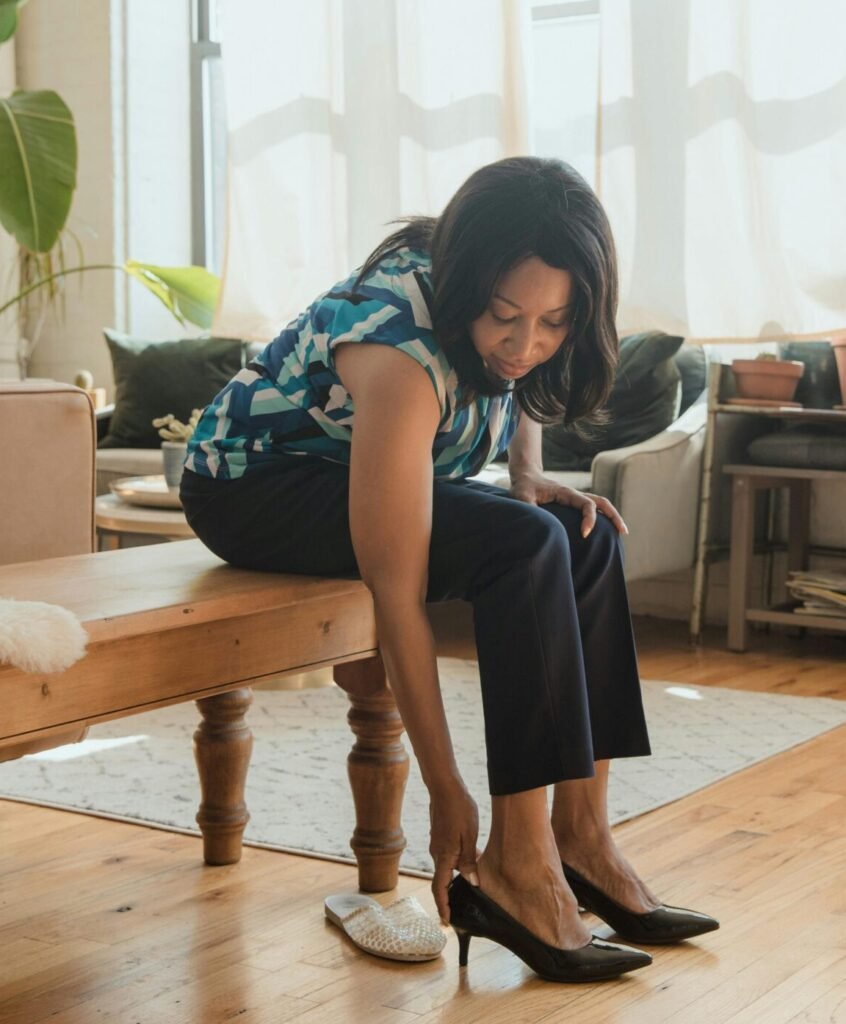
6. Sports Shoes
When to wear: Gym, walking, running, sports
Popular types: Running shoes, Trainers, Cross-trainers
Pro tip: Always match shoes with the activity. Runners need arch support and heel cushioning — walkers need flexibility.
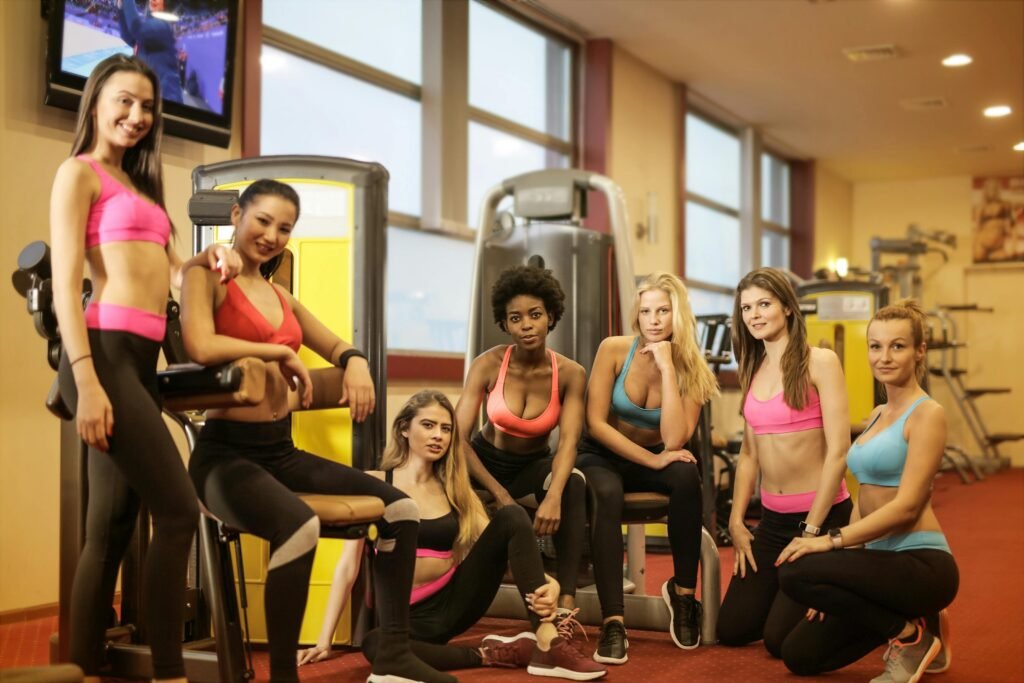
Footwear Expert’s Group Advice:
- One size doesn’t fit all — measure your feet in the evening for best fit.
- Rotate shoes — wearing the same pair daily wears it out faster.
- Clean and store properly — use shoe trees for form, and avoid sunlight to prevent cracking.
Our Words
Understanding footwear isn’t about fashion alone — it’s about comfort, confidence, and preventing long-term foot problems. Next time you shop, don’t just follow trends — follow what fits your feet and lifestyle.

